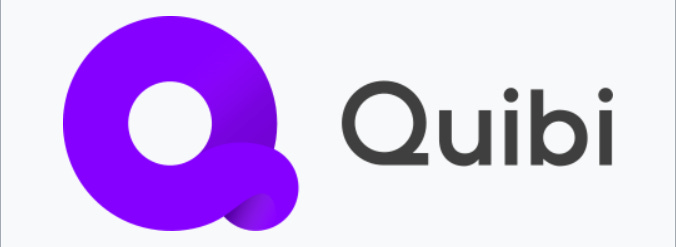Quibi shut down in October 2020. Jeffrey Katzenberg and Meg Whitman built it with nearly 2 billion, but this mobile streaming service only lived for six months.
Why did Quibi fail so fast?
Let us go back to a classic question suggested by Jeff Bezos around 20 years ago. Bezos stated, "Focus on the things that don't change."
Here are the words from Bezos:
I very frequently get the question: "What's going to change in the next 10 years?" And that is a very interesting question; it's a very common one. I almost never get the question: "What's not going to change in the next 10 years?" And I submit to you that that second question is actually the more important of the two—because you can build a business strategy around the things that are stable in time. ... [I]n our retail business, we know that customers want low prices, and I know that's going to be true 10 years from now. They want fast delivery; they want vast selection.
It's impossible to imagine a future 10 years from now where a customer comes up and says, "Jeff, I love Amazon; I just wish the prices were a little higher." "I love Amazon; I just wish you'd deliver a little more slowly." Impossible.
It is the same in the Quibi case.
Let us think about the things that don't change in the film and television industry.
Here are the words from Jeffrey Katzenberg and Techcrunch report:
"I've been a storyteller my whole life. That's the thing that got me the most interested and excited," he (Katzenberg) continued. "And I think what you'll see is that every great innovation that has happened in Hollywood has actually been driven by a new technology."
"The company had already revealed much about its intentions with Quibi, including how it's the first streaming service designed exclusively for mobile devices, not the living room TV.
Specifically, Quibi is using a new engineering technology it's calling "Turnstyle," which allows the viewer to move between portrait viewing and landscape viewing seamlessly—and without any black bars filling the rest of the screen when switching to landscape video.
But turning the phone is only one way that Quibi will leverage mobile. Spielberg's Quibi show "After Dark," for example, will use viewers' locations to determine what time they can watch the show—it will only be allowed after sunset.
In the future, Quibi's filmmakers could tap into other mobile sensors and smartphone features, like GPS or haptics to make the phone vibrate. They could tell stories through the phone's messaging system or even have the phone ring as part of a story. An exercise-themed show could tap into the phone's pedometer for an interactive experience. Turnstyle, in other words, is just step one."
My point is that storytelling and thinking don't change in the film and television industry—what makes us laugh and cry and think deeply—instead of film shooting skills, which are ambitious from the creator's perspective but not necessarily from the consumer's.
Simply, people are willing to pay for the laughs, the tears, or the brain-burning thoughts they get from watching a movie on Netflix. We pay for the "drama/storytelling/thoughtfulness" of the movies/TV on Netflix.
But unfortunately: Drama and storytelling require a certain "narrative length" to happen.
For example, in the classic discussion of Western literature and art, Aristotle states: "Tragedy is the imitation of a serious, complete action of a certain length."
According to Aristotle, tragedy has six main elements: plot, character, diction, thought, spectacle (scenic effect), and song (music), of which the first two are primary.
So in Qiubi’s case, it is too tough to let an evocative and winding story happen in just 5–10 minutes of video.
Quibi may be in such a dilemma that it wants to hit the Netflix market, but short videos are not long enough in terms of "carrying the drama of the story." And without a certain narrative length, creating an "immersive experience" (the game is the same), allowing the audience's emotions to be "purified" in any form, and making them pay for it are all challenging.
And that's why Qiubi never meets the product/market fit.
Here are Qiubi's embarrassing numbers:
Before it shut down, its paid subscriber count was only between 400,000 and 500,000, far from Katzenberg's goal, which hoped to have 3.7 million within half a year and 7.4 million in one year.
However, TikTok's business model (free) circumvents this dilemma.



Yeah I don’t feel any great loss by loosing Quibi. Short videos are available everywhere plus as a form of movie entertainment the long form is more enjoyable.